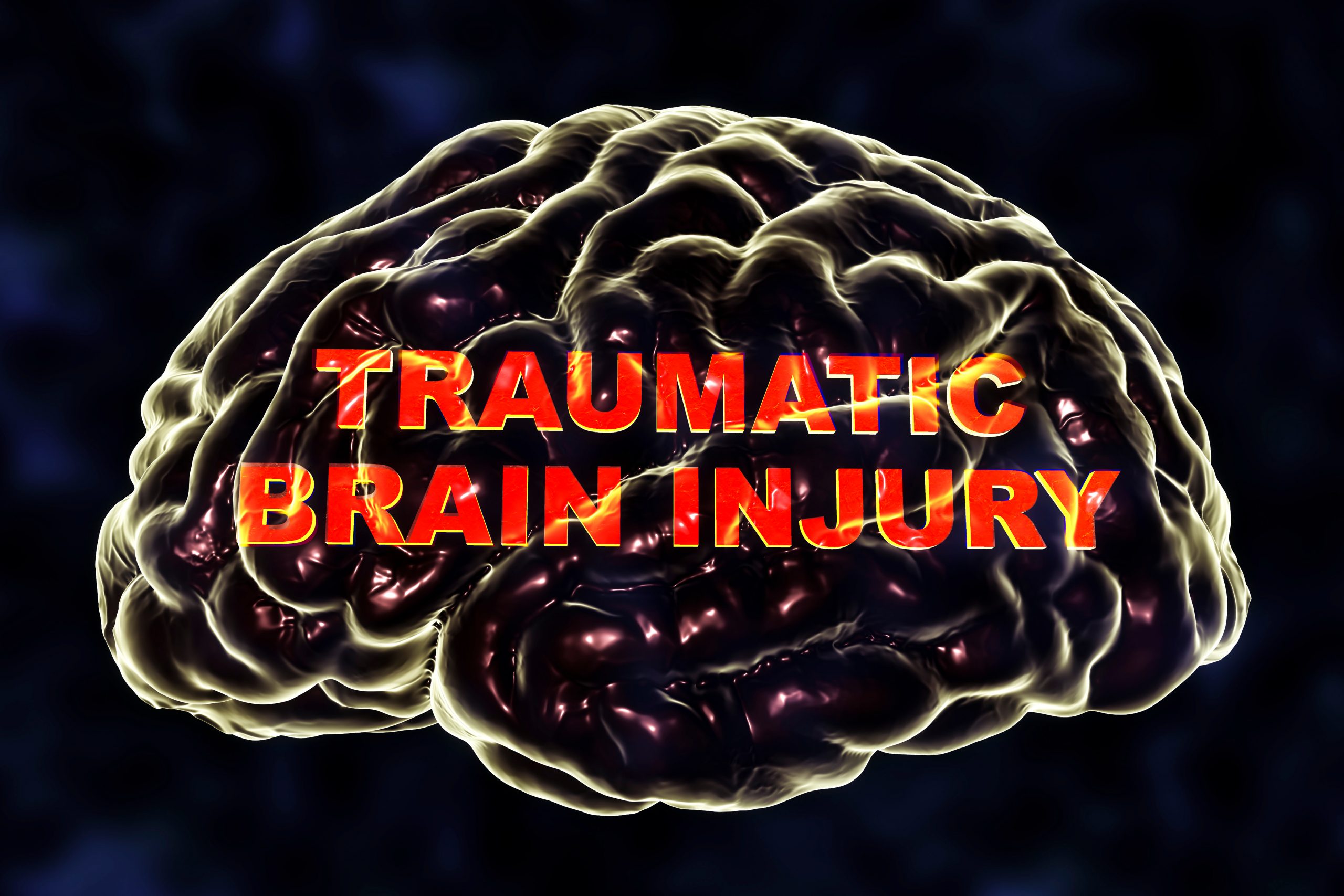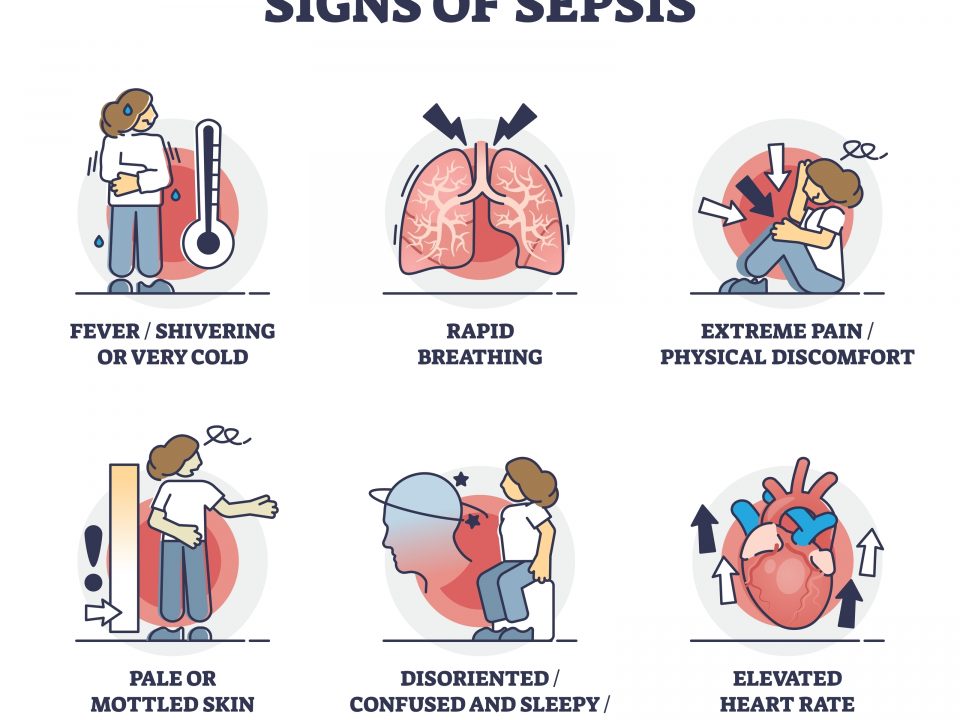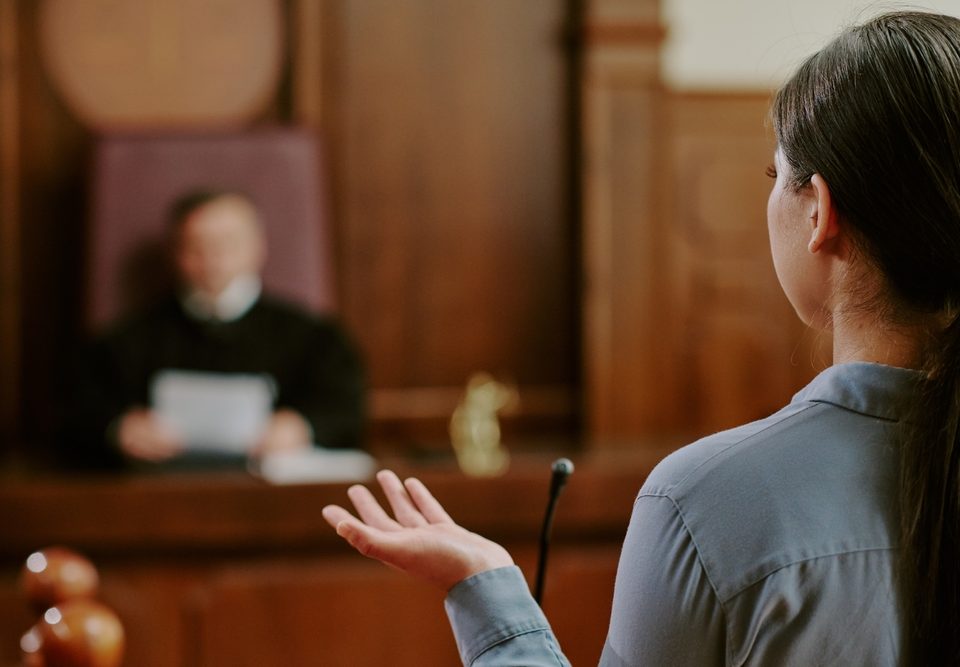
O’Brien V Guy’s And St Thomas’ NHS Trust – Deviation From Guidelines
24th May 2023
New Guidelines from NICE on Head Injury Assessment and Early Management
3rd July 2023The above case which we have already discussed in relevance to the use or deviation from Guidelines is also contains important advice for expert witnesses.
In the judgement the Judge made a number of comments, not all positive, particularly about the ICU experts and specifically regarding their joint statement.
Claim Background
The matter involved a patient, Mr Berry, who was admitted to St Thomas’ following a heart attack in 2017 whilst suffering from end-stage renal failure. He was dependent on dialysis and had minimal urine output. As his condition deteriorated and sepsis was a risk, he was transferred to ICU and prescribed antibiotics. The case centred around a 400mg dose of Gentamicin antibiotic given in March 2017. It was claimed that the amount administered was negligently excessive, given the lack of renal function and dialysis. Experts in the case agreed the dose size caused ototoxicity side effects and balance problems, yet the trust expert disputed that the dose caused the subsequent hearing loss. This was considered a minor contention, and causation of injury was agreed upon along with damages.
The expert evidence
The evidence bundle as well as factual evidence had expert evidence from a number of expert witnesses. This included evidence from 2 ENT surgeons on the likely cause of the toxicity on Mr Berry’s hearing and balance. This evidence was agreed by the Claimant and defendant and these experts were not required to give oral evidence.
The judge includes the background to the role of expert evidence including passages from Bolitho and subsequent cases. He specifically draws attention using the case of Kennedy v Cordia [2016] 1 WLR (SC) that the importance of expert evidence assisting the court. He quotes the judgement in this case stating …the purpose of leading the evidence of any of the expert witnesses should have to impart to me special knowledge of the subject matter …. To enable me to form my own judgement about that subject matter
The Judge goes on to say that often the most helpful document in helping him to make that judgement is the joint statement of the expert witnesses. He states that this usually clarifies the issues and where the experts agree and disagree.
He then commends the joint statement of the ENT experts as a good example of this and notes that following the joint statement, as already acknowledged, they did not have to give oral evidence.
He was lass complimentary of the ICU experts and their joint statement although accepting that experts on Breach of Duty is less likely to have full agreement. He however comments that their joint statement “was of less than usual assistance for several reasons”.
He gives his reasons for this comment as threefold.
Firstly the joint statement appears to be a debate or argument rather than the CPR guidance that a joint statement should include a “ summary of the reasons for non agreement” . This approach according to the judge “did not assist understanding nor should it be encouraged”.
He also noted that while there were 27 questions asked in the joint statement only at most 8 had elements of agreement.
Secondly the joint statement included a discussion about the definition of Sepsis with contrary definitions proffered by the experts. This matter was resolved in court and therefore the points the joint discussed became largely redundant.
Thirdly because the joint statement did not assist the judge as he would usually expect he had to ask questions during the cross examination of the witnesses rather than leaving his questions to the end of the cross examination.
While in the end the judge favoured the evidence of the Defendant expert as more logical he noted that both experts were experienced and able to give evidence on the relevant matters.
What does this case mean for experts in their joint statements.
It is obvious from the judgement in this case that the joint statement is an important part of the evidence prepared by the experts after which there is a consideration of whether the case will proceed to trial.
The areas of agreement and disagreement should be highlighted in the joint statement without the disagreements extending into a full debate in the text.
As an Emergency Medicine consultant I have always worked to a simple ABC approach to many of the circumstances in my professional life.
In this instance the ABC standard for Accuracy, Brevity and Clarity.
Thankfully most of the colleagues that I have dealt with in preparing joint reports also value a similar approach and we rarely enter into a prolonged debate on multiple questions posed in the agenda.
My opinion having reviewed this case is that Experts needs to be aware of the possible remarks a judge could consider as to the assistance that a joint statement would make to his consideration of the outstanding issues at a trial.
In preparing joint statements the experts are on their own, the recent new Kings Bench guidance , indicating that lawyers should not be asked for advice or help prepare the joint statement except in very specific circumstances.
It therefore is vital that all experts take note of the comments of the judge in this case as they prepare for their next expert meeting and joint statement




